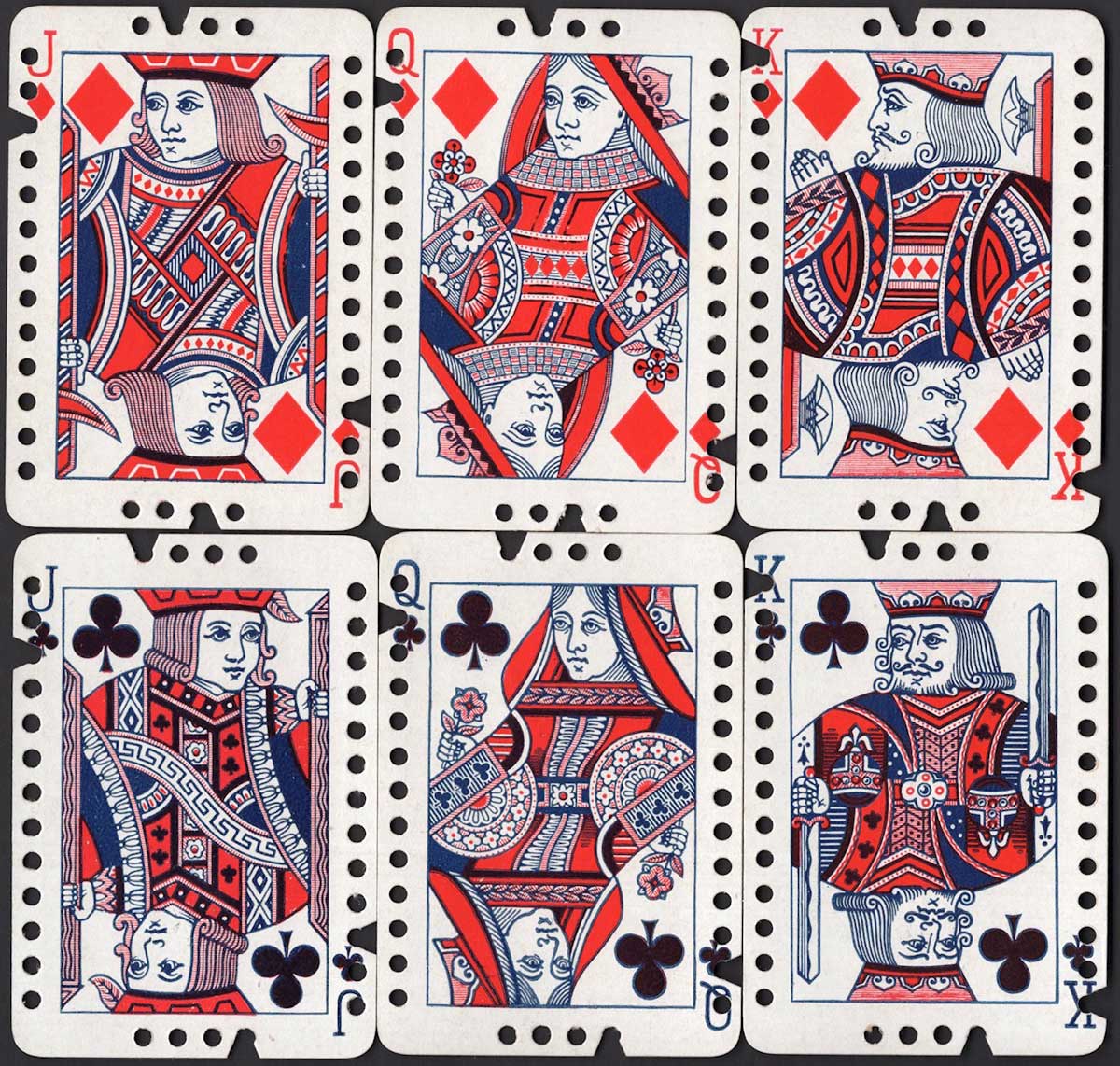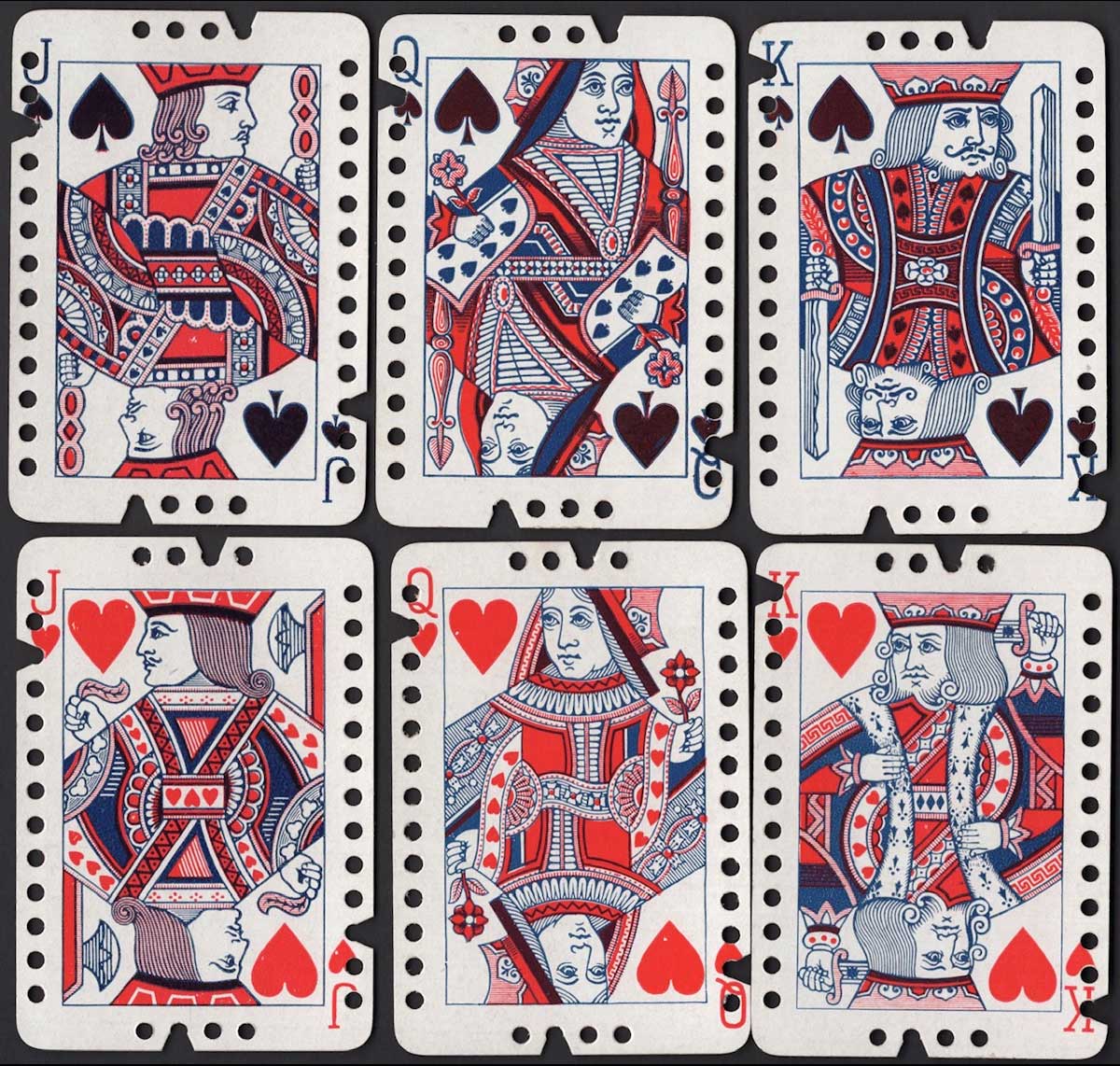Copechat Paramount Sorting System
Preserving the past: a specimen deck showcasing edge-notched cards and their ingenious sorting system.
Edge-notched cards were used for data storage and analysis purposes through much of the 20th century, until they were replaced by computers. For example, employee records, students and teachers, library holdings and other types of categorized information. Each card has circular punch holes around the outer edge, with a notch to one hole on the top and bottom of the card corresponding to (in this case) the suit, and another on each side for the card denomination, as marked on a reference card, in this example the Joker. A long thin pin or knitting needle was passed through the holes when the cards were formed as a pack. Thus, cards matching certain data criteria fall loose, or drop out of the pack, when the whole pack is shaken.
There were several well-known brand names of these early data retrieval systems including Cope-Chat, E-Z Sort, Flexisort and McBee Keysort cards. The cards shown here are advertising for the Copechat Paramount Sorting System • see the box
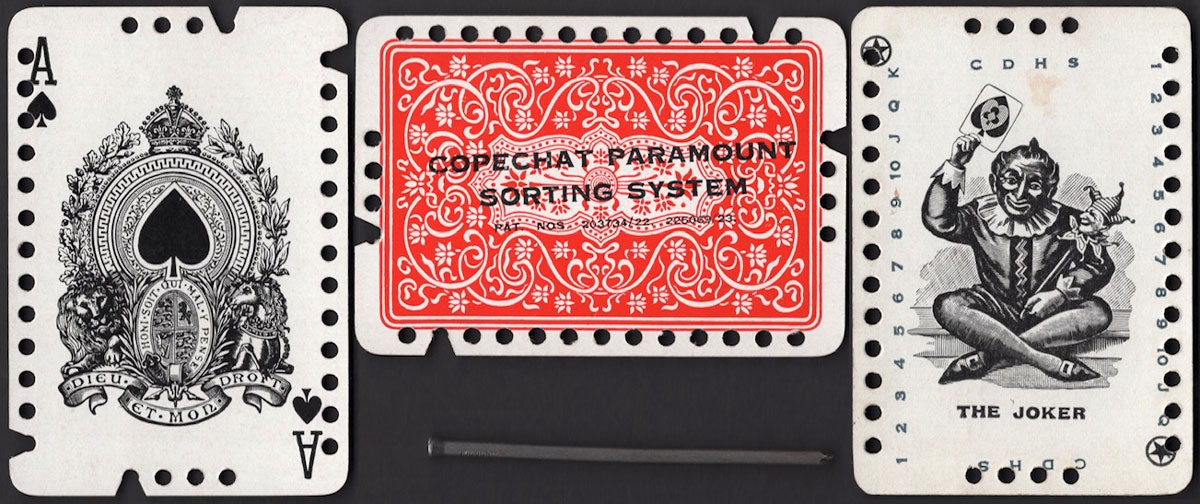
Above: Copechat Paramount Sorting System specimen cards manufactured by the London Playing Card Co., c1925.
This is another example of secondary use of playing cards throughout history: stiffener for bookbinders, library index cards, calling cards, emergency currency and now specimen cards for data retrieval systems!
Since the late 1920s, James Albert Mann of Copeland & Chatterson Co, Cope-Chat Works, Dudbridge, Stroud, Gloucestershire, had been registering patents for various filing systems, including a licence to manufacture and market an edge punched card needle sorting system given the brand name 'Paramount'.
References
Espacenet Patent Search : Copechat►
Punched Cards : A brief illustrated technical history►
Hackaday : Before Computers, Notched Card Databases►
Youtube : McBee-style index cards►
By Jon Randall
Australia • Member since May 28, 2020 • Contact
From 6 or 7 years of age I enjoyed playing cards with my family, and still enjoy a variety of games today with various groups and individuals. I contribute my competitive nature to enjoying games … it’s not that I like to win, I dislike losing! I was barely 10 years old when my great Uncle left me a small collection of playing cards and that was the starting point of my collecting. The competitive streak in me helped develop me into a competitive swimmer that sent me to various places around the world, including a 6 year stint in the US, where for much of that time I was at university. I’ve always enjoyed car boots flea markets, yard sales, charity shops etc., and my eye would never miss a pack of playing cards. Even after my swimming career finished I coached at a high level for many years and continued enjoying the discovery of some great finds around the world. For decades my collection continued to grow, despite selling a portion of it via eBay over the years. It wasn’t until post 2010 that I realised, mostly due to correspondence with Australian friends, that there were so many single playing card collectors. This intrigued me. I had so many packs of cards at home that I made the bold decision to share a good number with singles collectors, and subsequently listed around 7000 for sale on eBay. That did make a dent in my collection, but there’s still around 30,000 packs taking up quite a bit of space at home. Crazy? Yes, but I’ve seen bigger hoards a few times! There’s so many I surprise myself finding packs I forgot I had when I look in a box I’d not seen in a while.
My eBay IDs if you’d like to look are “worldwide_playing_cards” & “playing_cards_world”►

Related Articles
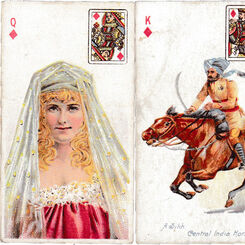
Ogdens Beauties & Military cigarette cards
Cigarette cards featuring beauties and military uniforms with playing-card insets.
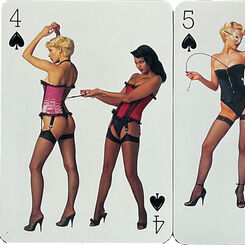
Agent Provocateur
Branded lingerie collection in a pack of pin-up playing cards.
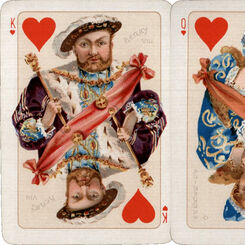
Historic Shakespeare
“Historic Shakespeare” playing cards featuring Shakespearean characters by Chas Goodall & Son.
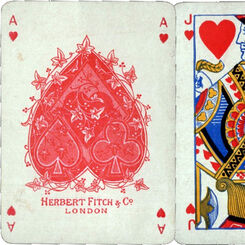
Heartsette by Herbert Fitch & Co, 1893
A glimpse into a busy print and design office in late Victorian London.
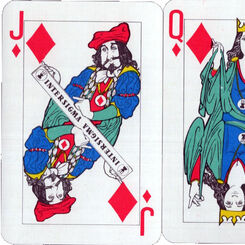
Intersigma
A Czech advertising deck for a company dealing with pump technology.

Pastime Playing Cards for the Blind
The “Pastime” Playing Cards for the Blind manufactured by Goodall & Son Limd., c.1910.
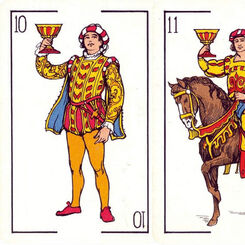
Jockey Club de Buenos Aires
Spanish-suited pack by Chas Goodall & Son Ltd for the Jockey Club, Buenos Aires.

Whist marker boxes
The Camden Whist marker was being advertised by Goodall and son in 1872 as a new product.

Bridge Markers and bridge scoring methods
Bridge Markers and bridge scoring methods 1900-1930
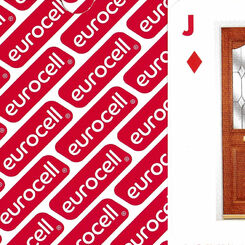
Eurocell® playing cards
Promotional playing cards produced by Eurocell® (UPVC window, door, conservatory and roofline system...

Kuhn Khan
There is little information available about the early twentieth century card game Kuhn Kahn. It firs...
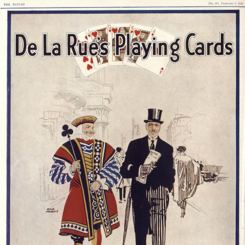
67: Adverts and related material after 1900
The final page of material relating to playing cards from British periodicals.

Michelin Tyres
Michelin Tyres playing cards by Waddingtons, c.1970.

English Electric Valve Company Ltd
Special pack made for the English Electric Valve Company Ltd Chelmsford, 1989.
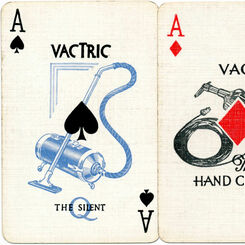
Vac-tric Electric Vacuum Cleaners
Vac-tric Electric Vacuum Cleaner playing cards manufactured by De la Rue, 1930s.
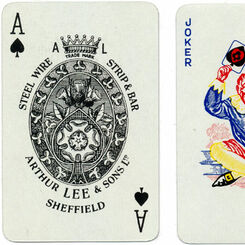
Arthur Lee & Sons Ltd
Advertising deck produced for Arthur Lee and Sons Ltd of Sheffield by Thomas De la Rue around 1958. ...
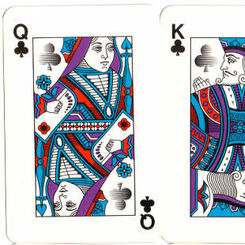
Wiggins Teape “Hi-Speed” playing cards
Wiggins Teape “Hi-Speed” playing cards manufactured by Waddingtons, c.1970.
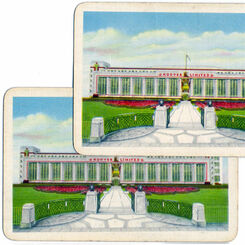
Hoover Ltd Playing Cards
Vintage cartoon courts and ace of spades specially designed for Hoover Limited, with full colour bac...
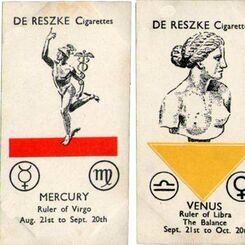
De Reszke Cigarettes “What the Stars Say”
De Reszke Cigarettes “What the Stars Say” astrology cards issued by J. Milhoff & Co., 1934.
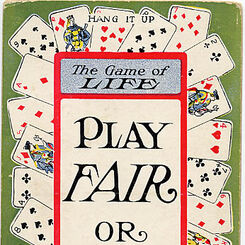
Playing Cards in other cards
Secondary applications of playing cards.
Most Popular
Our top articles from the past 60 days


